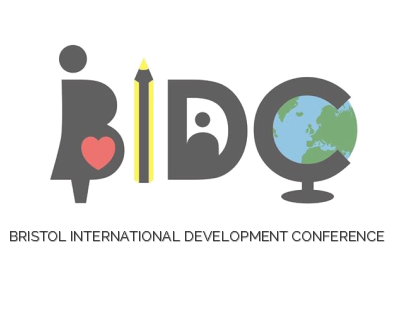BIDC Panel 2017
|
Panelists Lumi Tuchel Lumi Tuchel is an analyst for Development Initiatives, their mission is to ensure that decisions about the allocation of finance and resources result in an end to poverty, increase the resilience of the world’s most vulnerable people, and leave no one behind. Lumi holds an MA in International Development from the University of Manchester and has previously worked with the ODA Unit of the Romanian Ministry of Foreign Affairs. At Development Initiatives she leads the analysis on humanitarian assistance and also leads on data and methodologies for DI’s annual flagship report: Global Humanitarian Assistance. Additionally, she currently leads on a project that tracks contributions following the London conference for Syria and the Region. George Howlett (EA Workplace Activism) George Howlett recently founded the EA Workplace Activism project, a network of professionals seeking to use the power of our workplaces to maximise positive impact - with a focus on supporting effective global development causes. There are thousands of ethically minded private sector professionals who can see that their companies have extraordinary amounts of money, expertise, and influence. EA Workplace Activism works towards leveraging these resources for causes such as extreme poverty and global health. Business and charity have worked together for years now, but these partnerships tend to be driven from the top of a firm. However, it's often the young professionals who are most eager to engage in charity work. EA Workplace Activism seeks to empower these people to influence things from the 'grassroots' of their firm. Also – EA Workplace Activism seeks to raise money to encourage support for charities identified as highly effective by leading evaluators such as GiveWell. These include the Against Malaria Foundation and GiveDirectly. GiveDirectly is a grassroots initiative that administers direct cash transfers to the poorest households in East Africa, using locally led distribution schemes. EA Workplace Activism recognises that the future of development will be lead by those in the developing world. |
Eric Herring (Somali First) Eric Herring is Professor of World Politics in the School of Sociology, Politics and International Studies at the University of Bristol. He is Co-Director with Latif Ismail, CEO of Somali development company Transparency Solutions (TS), of the Somali First (SF) initiative to promote Somali-led development through impartial facilitation, research, training and education. Somalis are often kept in subordinate positions and are defined as lacking capacity that has to be provided by outsiders. In contrast, Somali-led development encourages self-help and builds on local capacities. It is more cost effective, more relevant to local needs and more sustainable. SF has a balanced relationship across government, business, civil society and academia in Somalia/Somaliland and with the Somali diaspora, including the Somali community in Bristol. It is aiming to transform the process of development itself so that it is Somali led by integrating our approach across issues and through levels of governance. SF received the University of Bristol Engagement Award 2015. Catherine Pettengell Catherine is a climate change adaptation and resilience specialist within the fields of international climate change policy, and international development and humanitarian practice. Currently working as an independent consultant, Catherine supports research, programming, and advocacy from community to global levels. Current projects include learning support to the Global Resilience Partnership, research support to Oxfam, and liaison with the UK government on international climate change policy for the Bond Development and Environment Group. Catherine has worked for FIELD, IIED, Oxfam, and CARE International. Catherine led Oxfam International's climate change policy research in the run up to COP 15 in Copenhagen. She has worked on the integration of climate change adaptation and resilience approaches into both development and humanitarian contexts, and led the development of Oxfam's approach to climate change adaptation and CARE’s approach to resilience. |

